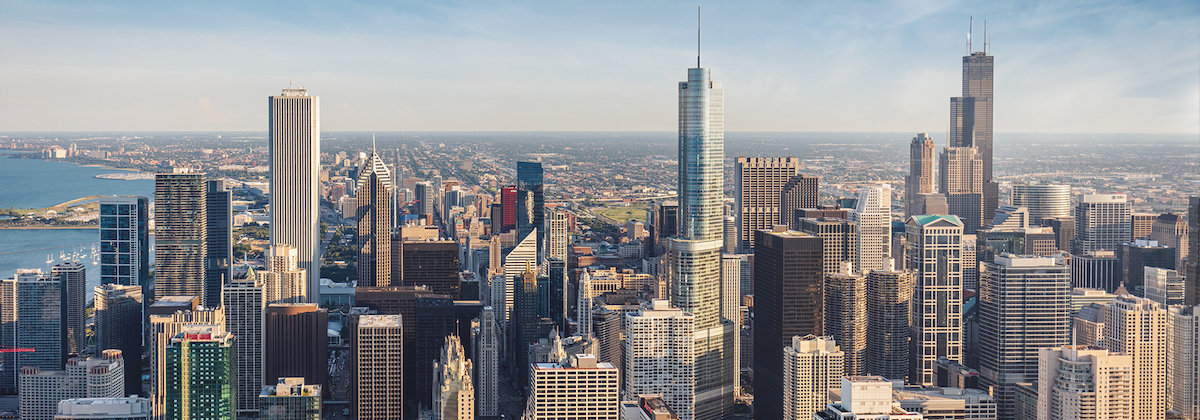Attorneys of Chicago | January 18, 2024 | Premises Liability Lawyer in Chicago Near You

Wrigley Field is a baseball park that also happens to be one of the most prominent landmarks in Chicago. It’s where the beloved Chicago Cubs play all their home games, and it is a wonderful place to be when the Cubs win there.
However, amidst the joy of a game and the thrills of a live event, accidents and injuries sometimes occur. If you suffer an injury at Wrigley Field, it’s crucial that you know what to do to protect your rights and maximize the value of any personal injury claim you might have.
Understanding Premises Liability
The first idea you need to consider is a legal concept called “premises liability.” The owner or operator of premises owes a substantial duty of care to people they invite onto the property (such as baseball fans) or to people who are legally on the property. To guests, a property owner must not only repair or warn of dangerous conditions, but also inspect the property for hidden dangers and either repair or warn of them.
If you suffer an injury at Wrigley Field due to a dangerous condition there, you might have a personal injury claim against the responsible owner or manager of the premises.
Common Injuries at Sports Stadiums
Common injuries at stadiums like Wrigley Field include slips and falls, injuries from flying balls or bats, and crowd-related injuries. Even assaults are not terribly uncommon.
Steps To Take After an Injury at Wrigley Field
If you’re injured at Wrigley Field, it is important what you do next:
- Seek medical attention, for both medical and legal reasons. Fortunately, Wrigley Field has medical personnel and facilities designed to address emergencies.
- Report the incident: Tell stadium staff or security about the incident. File a written report as soon as you can, sign it, and keep a copy for yourself.
- Photograph anything that might be useful as evidence.
- Get contact information from any witnesses. You might need to interview them later.
- Preserve evidence: Keep your event ticket, any medical reports, and any documentation of any other relevant information.
- Gather evidence of negligence. You must prove that the stadium’s negligence directly caused your injury. This could be due to any number of reasons.
Above all, seek out the assistance of an experienced personal injury attorney.
Possible Defenses That Might Come Up
There are many possible defenses to a personal injury claim. Two of the most commonly asserted defenses in sports stadium injuries are assumption of risk and comparative fault.
Assumption of Risk
In the assumption of risk defense, the defendant argues that you were aware of the risks involved in a certain activity, and that you accepted these risks before you engaged in the activity. For example, you don’t sue a boxer who knocks you out if you agreed to the match in advance.
Likewise, if you get hit by a fly ball, for example, you will almost certainly lose your claim. Just about anyone who enters Wrigley Field to watch a baseball game assumes the risk of getting hit by a fly ball.
Comparative Fault
In Illinois, the concept of comparative fault may apply. This means that if you are partly at fault for your injury, a court might reduce your compensation by your percentage of fault.
If the accident was 20% your fault, for example, you will lose 20% of your compensation. If you were 51% or more at fault, however, you will lose all of your compensation.
Compensation You Can Recover
If your injury claim is successful, you may be entitled to various forms of compensation, including:
- Medical expenses;
- Lost wages;
- Pain and suffering; and
- Emotional distress.
Other forms of compensation might also be available, depending on the circumstances surrounding your case.
Beware the Statute of Limitations Deadline
Unless an exception applies, you must finalize a settlement or file a lawsuit over your claim within two years of your injury. Otherwise, your claim’s value will drop to zero immediately. There are exceptions to this deadline, but only in rare cases.
How a Personal Injury Lawyer Can Help
An experienced attorney can help you win your claim in several ways:
- Evaluating your claim: An attorney can assess your case’s details and advise on your claim’s viability. They can also calculate all of your damages.
- Navigating legal procedures: Personal injury claims involve many legal procedures. An attorney can handle these on your behalf.
- Negotiating with insurance companies: An insurance company may contact you. A lawyer can negotiate with them to ensure you receive fair compensation
- Representing you in court (if necessary): If your case goes to court, having a lawyer to represent you is critical.
Almost all personal injury claims settle out of court. Very few go to trial because, in most cases, neither side wants the claim to go to trial.
Contact Our Chicago Premises Liability Law Firm For Help Today
If you’ve been injured in an accident in Chicago, Illinois, and need legal help, contact our experienced premises liability lawyers at Attorneys of Chicago Personal Injury Lawyers to schedule a free consultation today.
We proudly serve Cook County and its surrounding areas:
Attorneys of Chicago Personal Injury Lawyers
134 N La Salle St #2160
Chicago, IL 60602
Phone: (872) 324-4375
Hours: 24/7
Our firm is located near you. We have an office in Chicago
Find us with our GeoCoordinates: 41.5486783,-87.8377085
